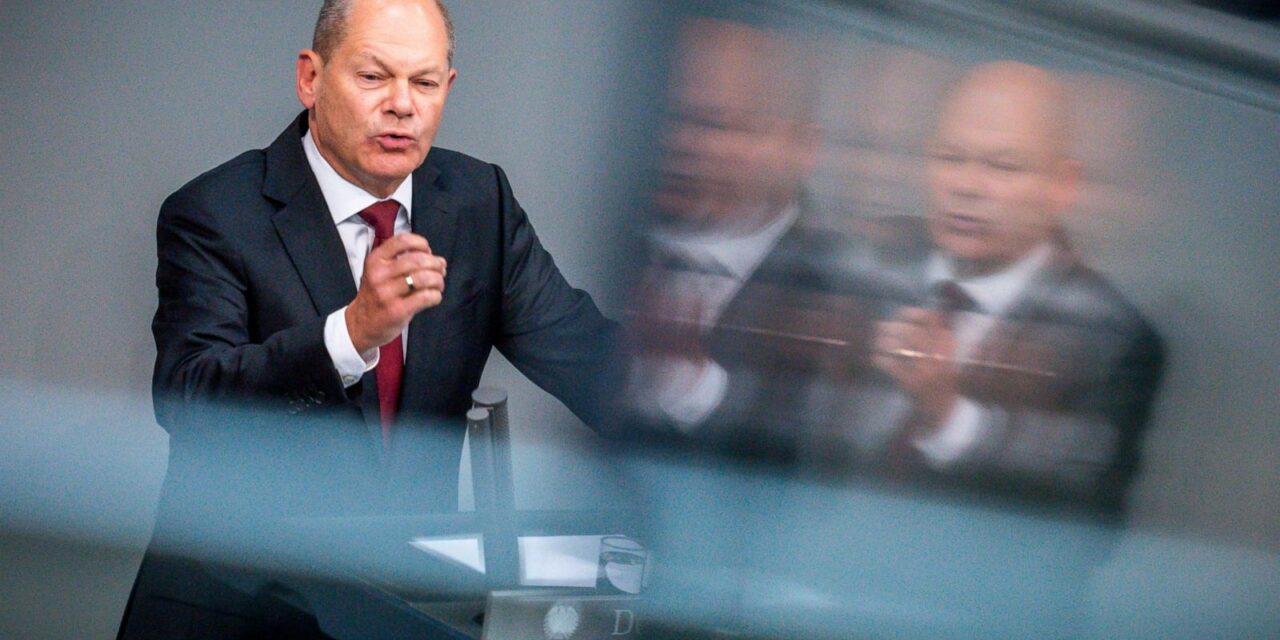Federal Chancellor Olaf Scholz, Economy Minister Robert Habeck, and Finance Minister Christian Lindner announced quietly and without any EU consultation a few days ago that the German government is trying to maximize energy prices through brutal borrowing - the governments of several EU countries are criticizing the Germans' new idea.
The German overhead reduction plan would create a huge financial base of up to 200 billion euros (almost HUF 85,000 billion) - this amount is 4.7 percent of Germany's GDP. The government would introduce a price cap for gas prices, and then use the money from the fund to finance the difference between the established ceiling and the amount paid by gas importers on the world market.
However, for this, you have to take out a giga loan, which is contrary to the official German debt policy, also enshrined in the constitution.
This is why Finance Minister Lindner came up with the idea that the loan of an astonishing size will be taken out into a special pocket, the Economic Stabilization Fund, which was originally created to alleviate the negative economic effects of the coronavirus epidemic, thus avoiding official budget management.
The idea immediately caused a stir. The president of the German Federal Audit Office, Kay Scheller, didn't just shout the term budget fraud into the world when she had to comment on Scholz's vision. As he said, it doesn't matter how the government plays tricks with a shadow budget, in the case of special funds, the state borrows all the same, and the debt remains a debt, regardless of how it is wrapped. Scheller also expressed serious concerns about the transparency of the special fund. "The federal budget is subject to the principle of uniformity, which means it must be completely transparent to both parliament and the public," he said, stressing that the funds are free from strict parliamentary oversight, thus fundamentally violating this principle.
"Germany is showing the middle finger to Europe"
Within the EU, the Scholz government faces much harsher criticism. Elementary indignation has erupted in several European countries because Germany is practically saving its own economy at the expense of the Union, and with the rescue package it is unbelievably sharpening the economic divide between richer and poorer countries.
The chancellor is also accused of running away from the very crisis - throwing aside the basic values and principles of the EU - which was largely created by the Germans due to Russian gas dependence and Gazprom's expansion into Europe.
As one EU diplomat bitterly remarked: Germany's chancellor still needs to learn how to behave like a European.
Source: mandiner.hu
Featured image: ABC NEWS













